Amazon Just Killed This Product That Was 6 Years in the Making

Six years is a long time in the world of technology. Back in 2014, we saw the first unveiling of the Apple Watch and Facebook spent $2 billion on Oculus Virtual Reality. However, 2014 was also the starting point for a major project undertaken by Amazon, which just came to an abrupt end. After six years of development and just five months after its launch, Amazon quietly killed its online multiplayer video game Crucible. Read on to find out what went wrong and for another game going away, check out You Won’t Be Able to Play This Iconic Game After This Year.
Crucible, a humans-versus-alien-mercernaries “hero shooter” game, was intended to compete with Fortnite (which has 350 million players as of May 2020). Despite being free to play, and available on the industry-leading games platform Steam, Crucible’s first week at the end of May saw it amass just 5,000 players. By June, the company had pulled the game from digital stores, and put it back into beta development.
Then, on Friday, Oct. 9, a brief blog post from the company announced that they would be “discontinuing development on Crucible.”
They continued: “We very much appreciate the way that our fans have rallied around our efforts, and we’ve loved seeing your responses to the changes we’ve made over the last few months, but ultimately we didn’t see a healthy, sustainable future ahead of Crucible.” The game, which was aiming for tens of millions of players, closed business with a fraction of that number.
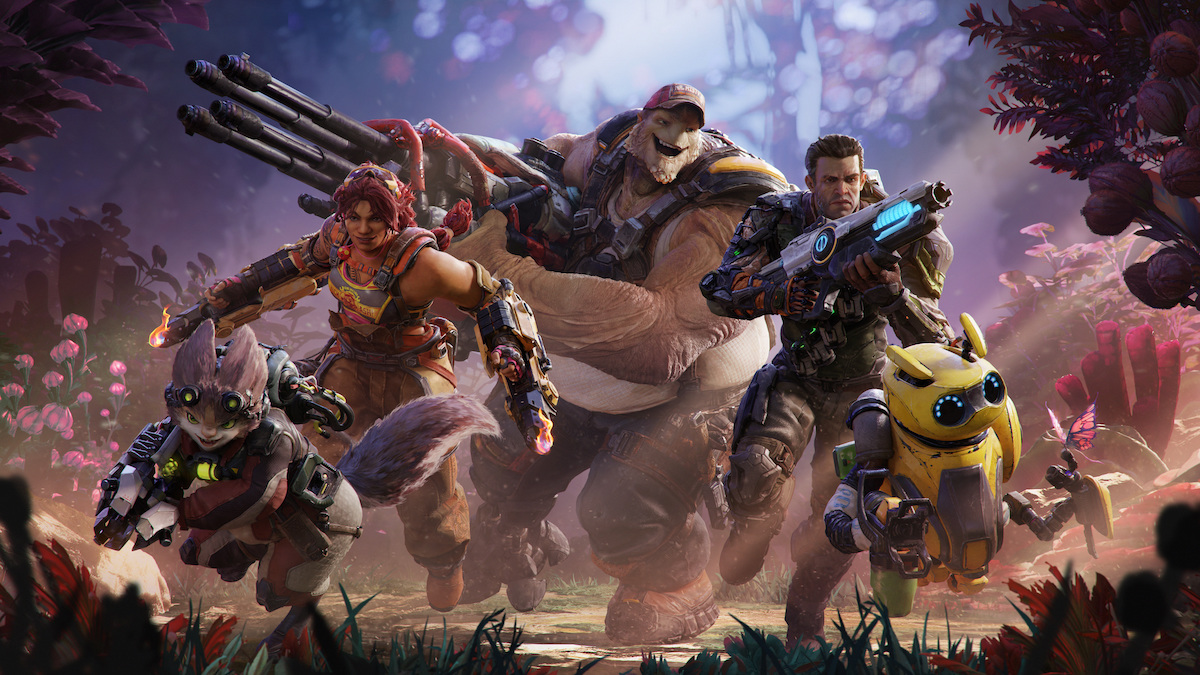
These kind of video games are one of the biggest markets in entertainment right now, but Amazon’s foray into the house Fortnite built fumbled. According to figures from late 2019, while the global film box office is worth $41.7 billion and global music revenues are around $19.1 billion, the global games market dwarfs them both, generating $152.1 billion per year from 2.5 billion gamers around the world. Fans play these games, but also watch them (via services like Twitch) in the way that previous generations watched traditional sports, while the ability to purchase everything from costumes to weapons for your on-screen character has generated an economy so big that real-world economists are studying it.
So what went wrong for Crucible? Business Insider points to a lack of buzz around the launch, with no ads on YouTube or demonstrations and endorsements from other high-profile gamers. Geekwire cites “server issues, lukewarm reviews, [and] a criticism over its ‘freemium’ pricing model,” while Eurogamer describes Crucible as “a disaster for Amazon’s troubled entry into the video game market.” PC Gamer scored it just 48 out of 100, citing “boring combat and spotty performance.”
The game’s launch had also been hampered by its arrival amid the COVID-19 pandemic hit, as the developers freely admitted. “We’re launching the game entirely remotely. This is certainly a first for me, and we’ve had to adjust virtually everything about the way we work as a team to make this possible,” wrote project director Colin Johanson.
Amazon is not retreating from gaming after this experience, though: It still owns the streaming platform Twitch where many of the world’s most popular gamers broadcast their gameplay; it will be launching the Luna streaming service later this year; and its next big games project is New World, set in a fictional version of the British territories in North America in the 1600s. For Amazon’s sake, hopefully this one will fare better than Crucible.
For more gaming products going away, read on, and for another product shift in a very different industry, check out Nordstrom Just Became the First Retailer to Ban These Products.
FarmVille
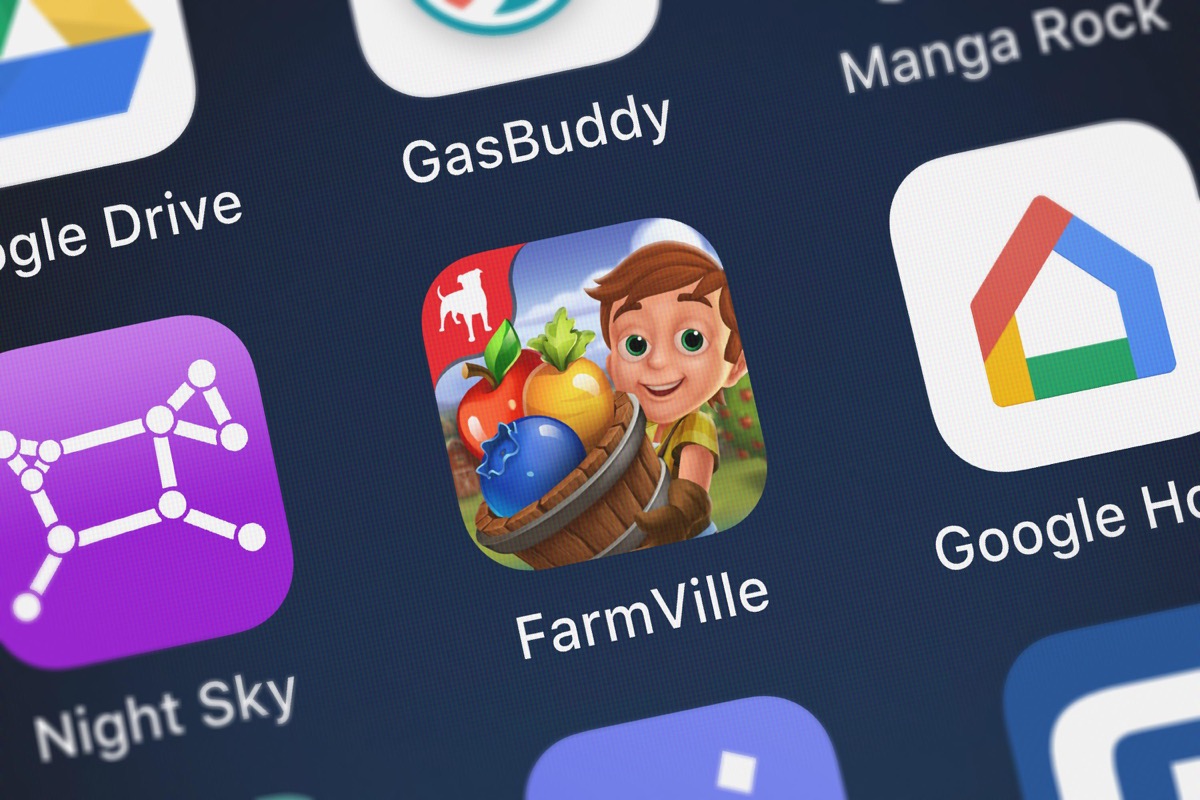
“Following an incredible 11 years since its initial launch back in 2009, we are officially announcing the closure of the original FarmVille game on Facebook,” the game’s developer Zynga wrote on the FarmVille Facebook Help page in early October.
Adobe’s decision to stop updating Flash Player for all web browsers forced Facebook to stop supporting Flash games, like FarmVille, on the platform completely starting at the beginning of 2021.
Nintendo 3DS
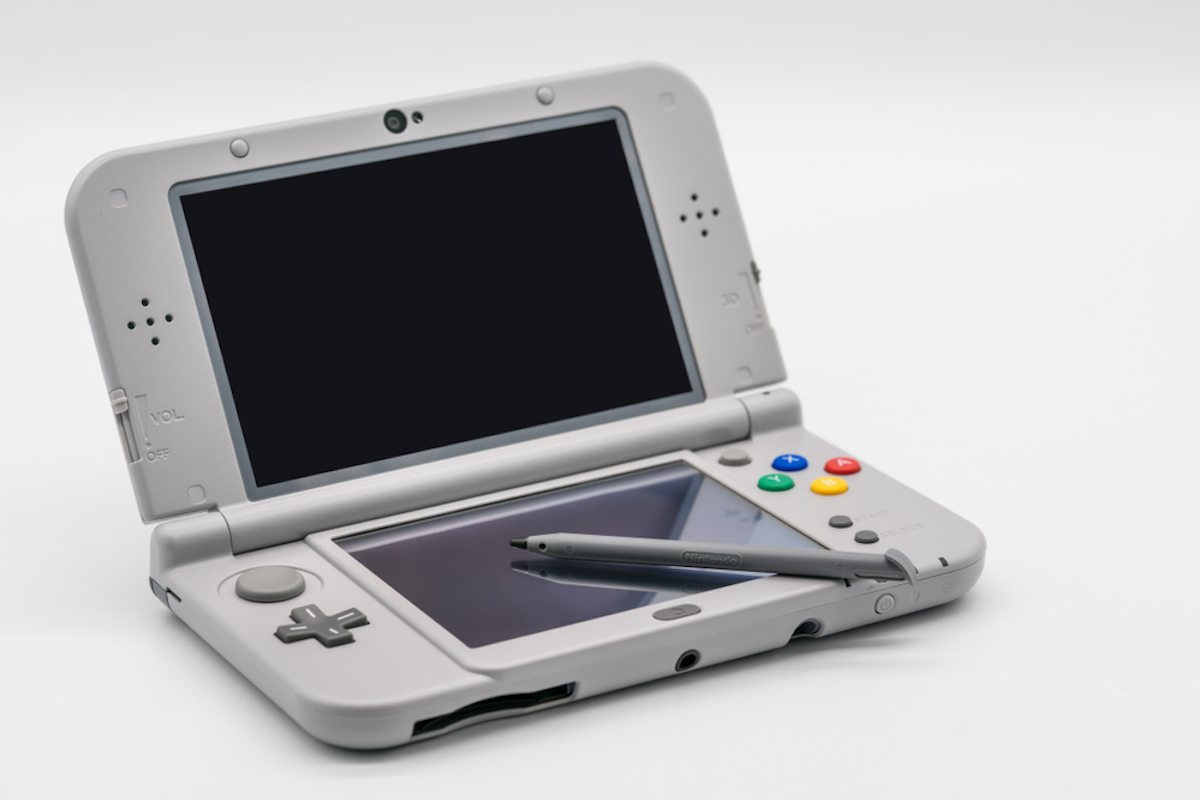
In September, Nintendo discontinued the handheld gaming console 3DS, GameBoy and Nintendo DS’s successor. “Nintendo and third-party games for the Nintendo 3DS family of systems will continue to be available in Nintendo eShop, on Nintendo.com and at retail,” the company said in a statement to CNN Business. And for more tech and games of yesteryear, here are 100 Photos That Kids Born After 2000 Will Never Understand.
Oculus Quest
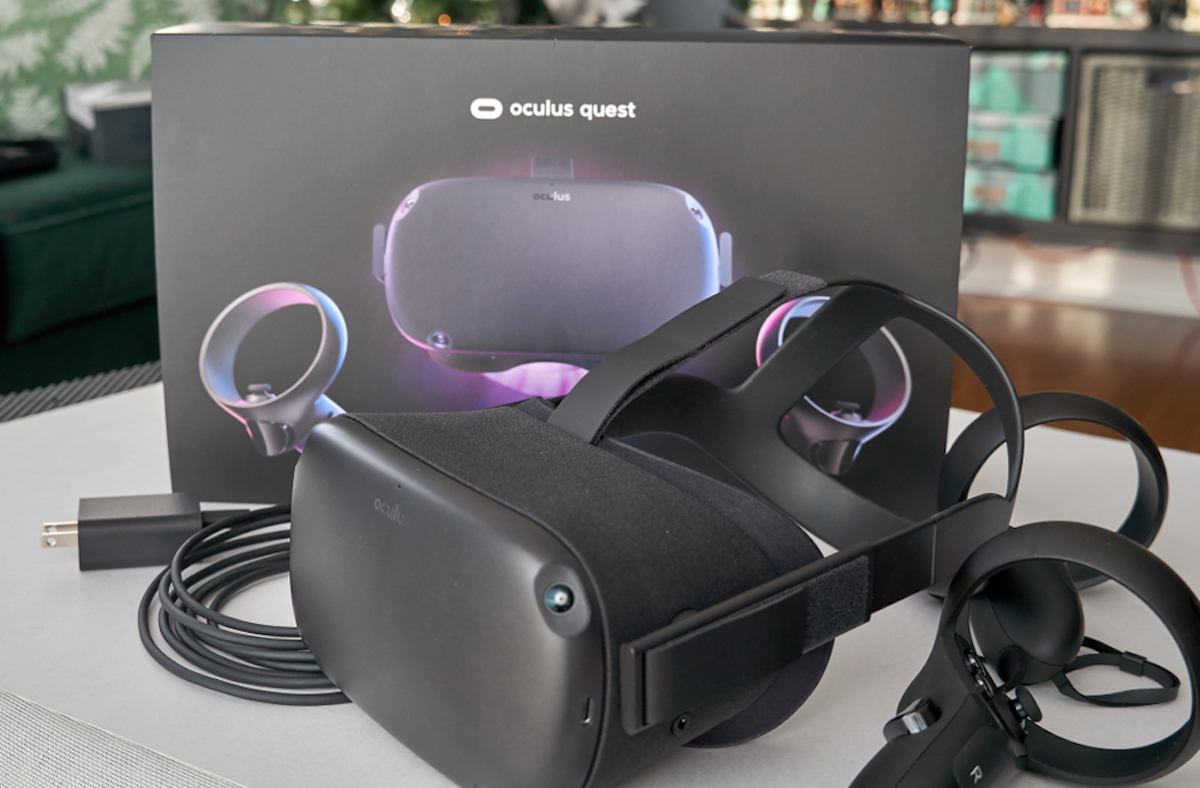
The Facebook-owned virtual reality company Oculus announced in September that its Oculus Quest is being discontinued as the brand shifted focus to the Oculus Quest 2, which was released on Oct. 13. According to Extreme Tech, “No new app or app updates will be accepted after Dec. 4, and the company won’t add new apps after Dec. 18, 2020.” And for more up-to-date info on tech, toys, and more, sign up for our daily newsletter.
Xbox One X and Xbox One S
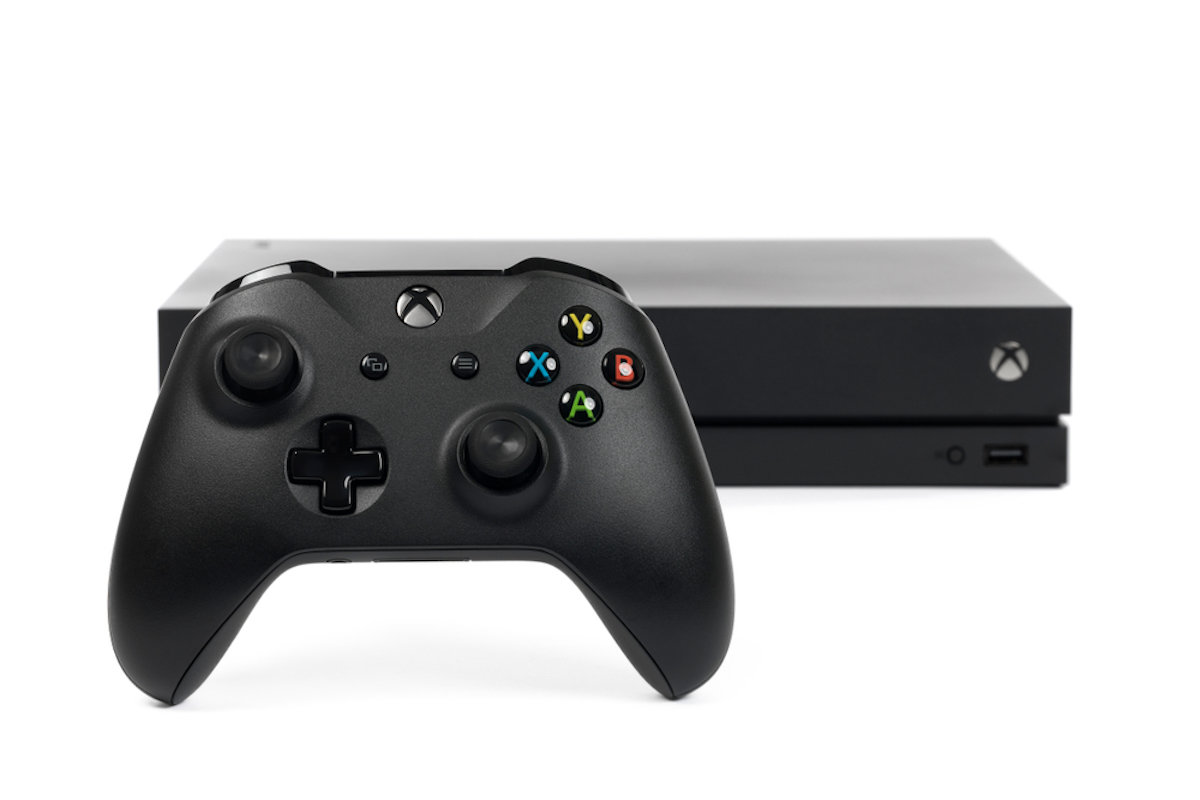
In July, Microsoft stopped making its Xbox One X and Xbox One S All-Digital Edition consoles. “As we ramp into the future with Xbox Series X, we’re taking the natural step of stopping production on Xbox One X and Xbox One S All-Digital Edition,” a Microsoft spokesperson said in a statement to The Verge. The Xbox Series X is set to launch on Nov. 10. And for states where people love Xbox, check out The Most Popular Walmart Products in Your State.